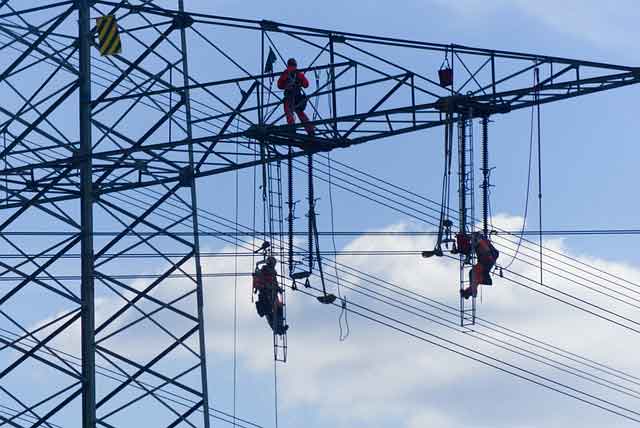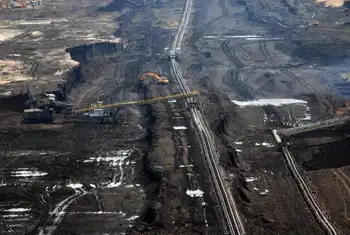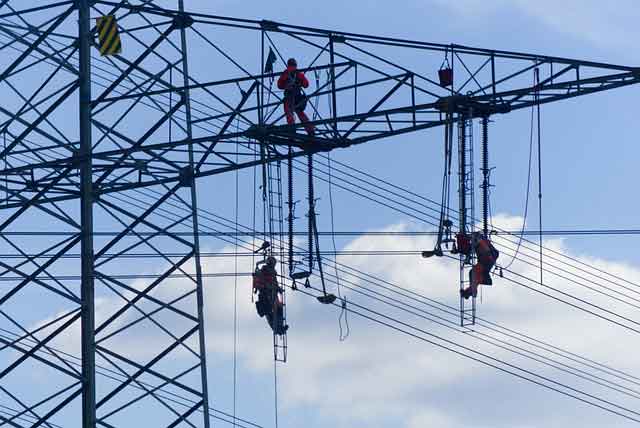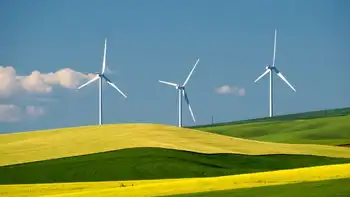Activists urge a halt to new nuclear
By Toronto Star
Substation Relay Protection Training
Our customized live online or in‑person group training can be delivered to your staff at your location.

- Live Online
- 12 hours Instructor-led
- Group Training Available
Greenpeace and the Registered NursesÂ’ Association of Ontario were at QueenÂ’s Park calling on Premier Dalton McGuinty to reconsider plans to invest $33 billion in the Darlington station.
“There has been no public assessment of the cost-effectiveness of new reactors and the environmental and safety reviews ignore the potential for accidents like we’re seeing in Japan,” said Shawn-Patrick Stensil, a Greenpeace nuclear analyst.
“At a minimum, the government should seek postponement of the environmental assessment hearings on new Darlington reactors that are scheduled to start March 21,” said Stensil.
Against the backdrop of an Oct. 6 election, both McGuinty and Progressive Conservative Leader Tim Hudak support new reactors. Nuclear power accounted for 55 per cent of OntarioÂ’s generation capacity last year.
NDP Leader Andrea Horwath opposes the expanded nuclear program and MPP Peter Tabuns Toronto-Danforth, her partyÂ’s energy critic, wrote the premier imploring him to slow down.
“Nuclear power is fraught with cost overruns and hidden costs ultimately borne by consumers,” warned Tabuns. “That waste — and the possibility of disasters like the current situation in Japan — hardly makes nuclear ‘clean’ and ‘emission free,’ as your government claims.”
But in a speech just prior to the earthquake and tsunami in Japan, McGuinty said “Ontario’s nuclear industry is an important part of Canada’s energy advantage.”
“Our plan will… build two new reactors at Darlington. The environmental assessment is starting this month. We are moving forward,” the premier said March 9, warning that Ottawa and Queen’s Park “need to be committed to its future and the 55,000 jobs it represents today.”
Doris Grinspun, executive director of the Registered Nurses’ Association of Ontario, said nurses “are increasingly concerned about the staggering health, environmental and economic costs of nuclear power.”
“The tragedy in Japan underlines the risk to public health,” said Grinspun.
“It is completely unacceptable that politicians are proposing to build new reactors without a transparent and robust assessment of their cost-effectiveness or safety.”
Under OntarioÂ’s long-term energy plan, which was released last year, the province will continue to get half its power supply from nuclear through 2030.











